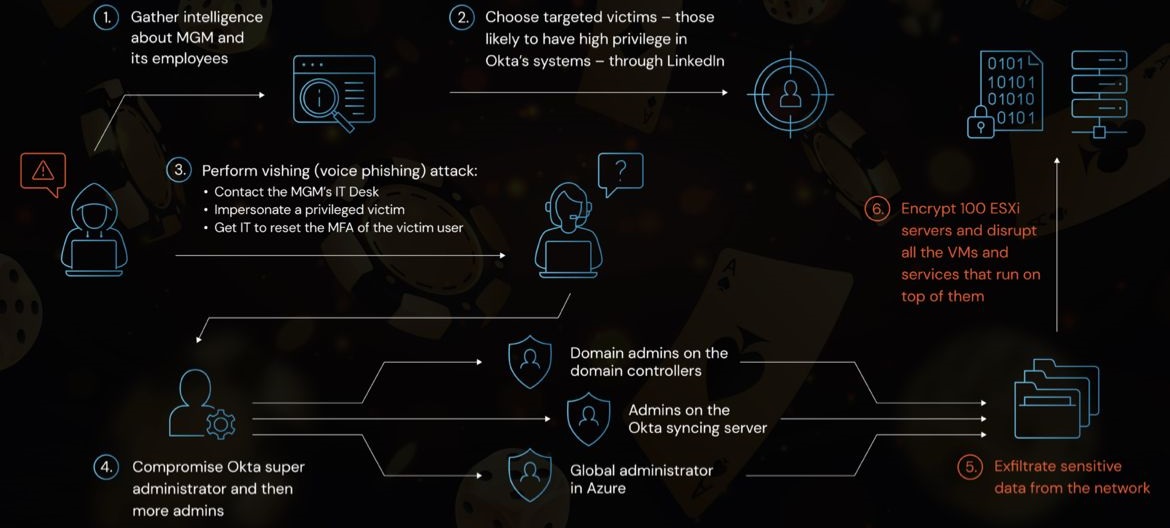
In our increasingly interconnected world, where data breaches and cyber threats loom large, the demand for skilled cyber security professionals continues to surge. Recognizing this need, cyber security boot camps have emerged as intensive and immersive training programs that promise to equip individuals with the skills necessary to combat cyber threats.
But do these boot camps truly work? Are they a viable path to a successful career in cyber security? In this article, we explore the efficacy of cyber security boot camps, shedding light on their benefits, limitations, and key factors to consider.
What are Cyber Security Boot Camps?
Cyber security boot camps are short-term, intensive training programs designed to provide individuals with the knowledge and skills needed to enter the field of cyber security. These boot camps typically compress the curriculum of a traditional degree or certification program into a condensed timeframe, ranging from a few weeks to several months. By focusing on practical skills and hands-on experience, boot camps aim to bridge the skills gap in the cyber security industry and provide a fast-track route to a career in this high-demand field.
Benefits of Cyber Security Boot Camps
a) Rapid Skill Development: One of the key advantages of cyber security boot camps is their ability to quickly upskill participants. By condensing the learning process and emphasizing practical applications, boot camps enable individuals to acquire relevant skills in a shorter period compared to traditional educational programs.
b) Industry-Relevant Training: Boot camps are often designed in collaboration with industry professionals and employers. This ensures that the curriculum aligns with the latest industry trends, technologies, and best practices, equipping participants with practical knowledge and skills that are directly applicable to real-world scenarios.
c) Hands-On Experience: Many boot camps prioritize hands-on learning experiences, allowing participants to apply their knowledge to solve simulated cyber security challenges. This practical approach enhances skill retention and prepares individuals for the dynamic nature of the field.
d) Career Support: Some boot camps offer career support services, including job placement assistance, resume building, and interview preparation. These resources can be invaluable for individuals seeking to enter the cyber security job market or transition to more advanced roles.
Limitations and Considerations
a) Intensity and Pace: While the condensed nature of boot camps can be advantageous, it can also be overwhelming for individuals without prior technical background or experience. The fast-paced learning environment may require participants to dedicate substantial time and effort to keep up with the curriculum.
b) Depth vs. Breadth: Due to the time constraints, boot camps often focus on providing a broad overview of cyber security concepts and tools, sacrificing the depth of knowledge that a comprehensive degree program may offer. It is crucial for individuals to determine their career goals and assess whether a boot camp aligns with their aspirations.
c) Prerequisites and Preparatory Work: Some boot camps may require specific prerequisites or pre-work to ensure participants have a foundational understanding of cyber security concepts. Prospective boot camp attendees should carefully review these requirements and assess their readiness before enrolling.
d) Continuous Learning and Certification: Cyber security is a rapidly evolving field, and boot camp graduates must stay abreast of the latest industry developments. While boot camps may equip individuals with the foundational skills, ongoing learning and obtaining relevant certifications are essential for career growth and staying competitive.
Success Stories and Testimonials
Numerous success stories and testimonials from boot camp graduates attest to the effectiveness of these programs. From individuals transitioning to cyber security careers to professionals seeking to enhance their skills, boot camps have provided a stepping stone to success for many. Personal accounts and success stories can offer valuable insights into the potential outcomes and career trajectories that boot camps can facilitate.
Conclusion
Cyber security boot camps can be a valuable resource for individuals looking to enter the field of cyber security or advance their existing careers. They offer rapid skill development, industry-relevant training, and practical experience, enabling participants to meet the demands of this dynamic industry. However, it is important to consider the limitations and prerequisites of boot camps, as well as the need for ongoing learning and certification. By carefully evaluating these factors, individuals can make an informed decision about whether a cyber security boot camp aligns with their goals and aspirations.


